Critical Care Treatment in Hyderabad
The Critical Care Unit at Yashoda Hospitals has state-of-the-art technology that equips our team of expert paramedics, nurses, and doctors to treat cases of emergency efficiently. We offer critical care transport that provides quick aid to patients. In our Intensive Care Unit (ICU), specially designed ICU beds provide emergency doctors with a quick and accurate glimpse of physiological information that is critical for treatment and care. We also have a pediatric intensive care unit that has expert pediatricians monitoring and providing care for critically ill children.
Our team specializes in dealing with the following conditions:
Stroke Treatment in Hyderabad
Stroke
Patients in critical care unit with stroke have a high NIH stroke scale score and may have a compromised mental status. In these cases, intensive care medicine is required to:
- Monitor cerebral blood supply (perfusion)
- Monitor neurologic deterioration
- Monitor intracranial pressure
- Manage herniation syndrome with attentive ventilation
- Provide surgical backup immediately
Treatment for such cases requires:
- Hyperventilation
- Osmotic therapy with medical management
- ICU care and surgery in case of large infarcts
- Intubation
- Surgery such as decompressive hemicraniectomy
Trauma Treatment Hospital in Hyderabad
Trauma
In the case of road accidents or high altitude falls, the patient can experience trauma if vital organs suffer multiple injuries. He/she may suffer from severe bleeding, poisoning, severe burns, fractures, head injury, spinal cord injury, fits, or may even lose consciousness. The patient should be brought into the emergency ward immediately to be treated by trained professionals.
At Yashoda Hospitals, the critical care unit works with the trauma team, which consists of paramedics, anesthesiologists, physiotherapists, psychiatrists, surgeons from different specialties, and trauma surgeons. In case of severe accidents, a trauma team trained in the principles of Advanced Trauma Life Support (ALTS) handles the case and treats the patient.
Heart events – Cardiac arrest & heart attack
A patient suffering from a heart attack should be brought to the emergency immediately. Our expert team of paramedics, emergency primary care physicians, and resuscitation specialists provide primary care in the time taken to reach the hospital. Basis the severity, the case needs to be monitored cloesly and post-cardiac arrest syndrome should be managed properly. Thus, it is important to monitor the patient to look for any complication of the heart, blood vessels, brain, or nerves.
Treatment for such cases requires:
- CPR (Cardiopulmonary Resuscitation)
- AED (Automated External Defibrillator)
- Defibrillation
- Early advanced care in ICU or HDU (High Dependency Unit)
- Provision for medical intervention
We also offer invasive cardiac procedures for advanced treatment:
- Central venous line placement
- Arterial line placement
- Invasive pulmonary artery catheterization
- Dialysis catheterization
- Temporary pacemaker placement
The Critical Care Unit at Yashoda Hospitals uses the following procedures to diagnose and treat critical conditions:
- Synchrozined cardio version
- Thromobolytic infusion
- Hemodialysis
- Continuous Renal Replacement Therapy (CRRT)
- Bronchoscopy
- Ultrasonography
- Echocardiography
- Lumbar puncture
- Abdominal paracentesis
- Thoracentesis
- Intercostal Drainage (ICD) tube placement
- Nutritional planning
- Invasive and non-invasive Mechanical ventilation
- Electrocardiogram (ECG)
- Arterial line
- Advanced airway management
- Percutaneous dilational tracheostomy (PDT)
Health Blogs for Critical Care
FAQ’s
What is CVP in critical care?
CVP stands for central venous pressure, is a cardiac pressure measurement for the right atrium of the heart, measured with a central venous catheter (CVC). This helps the surgeon assess the patient’s fluid volume, cardiac functioning, and right ventricular functioning.
What are the common treatments for stroke?
The common treatment for stroke depends on the patient’s condition and the type of stroke, but usually, stroke treatment consists of blood thinning medications and drugs against blood clotting. Procedural treatments may include thrombectomy or angioplasty with stent placement and other methods such as breathing support or IV fluids.
Who needs trauma therapy?
Trauma-focused therapy helps people cope with their surroundings after a dangerous, abusive, or life-threatening experience that leads to post-traumatic stress disorder (PTSD).





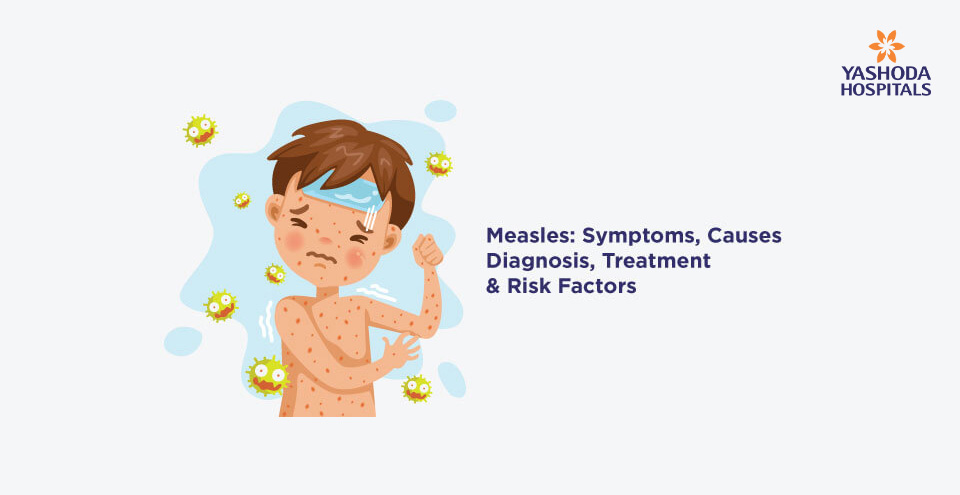
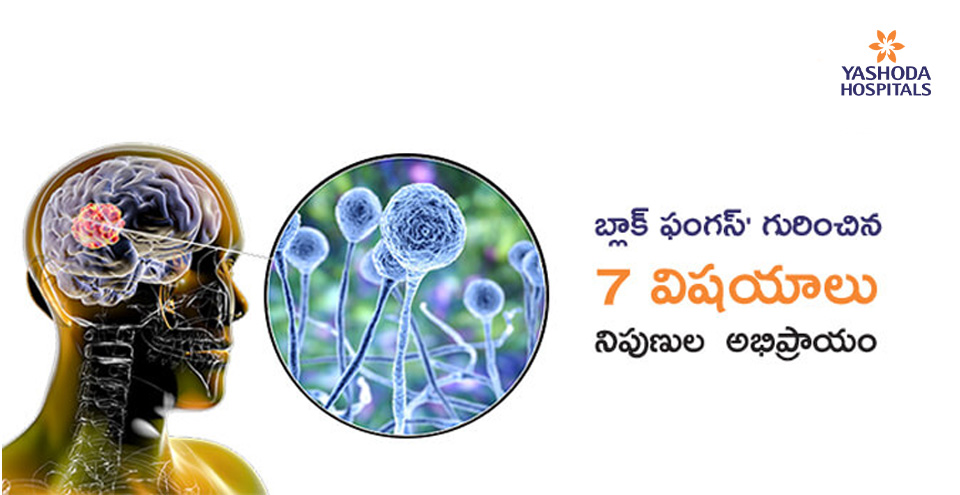
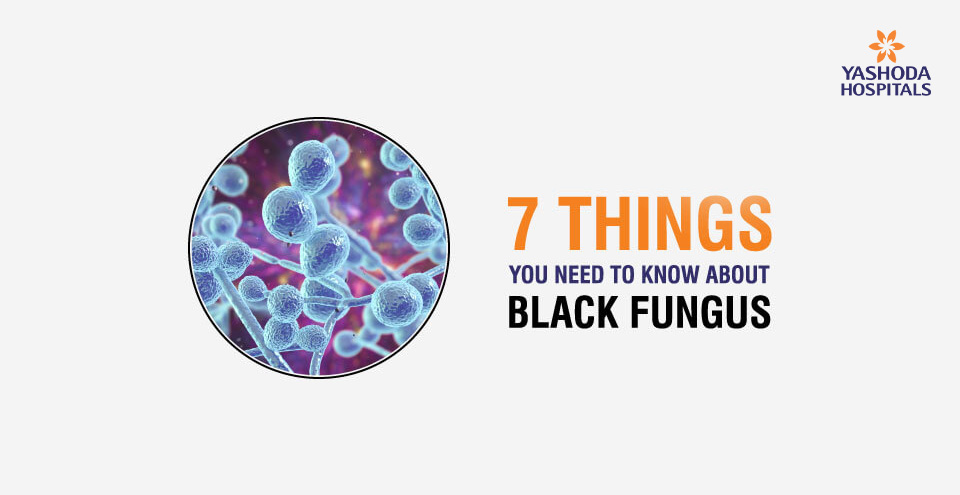
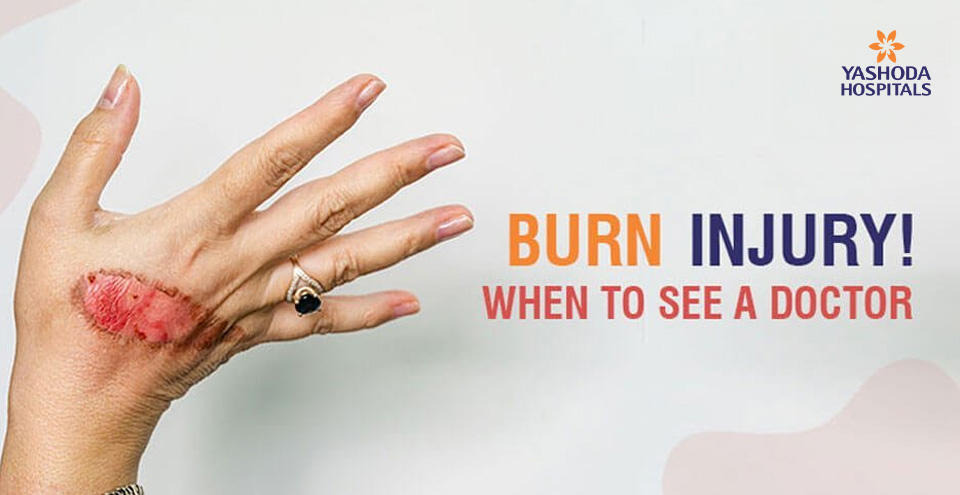
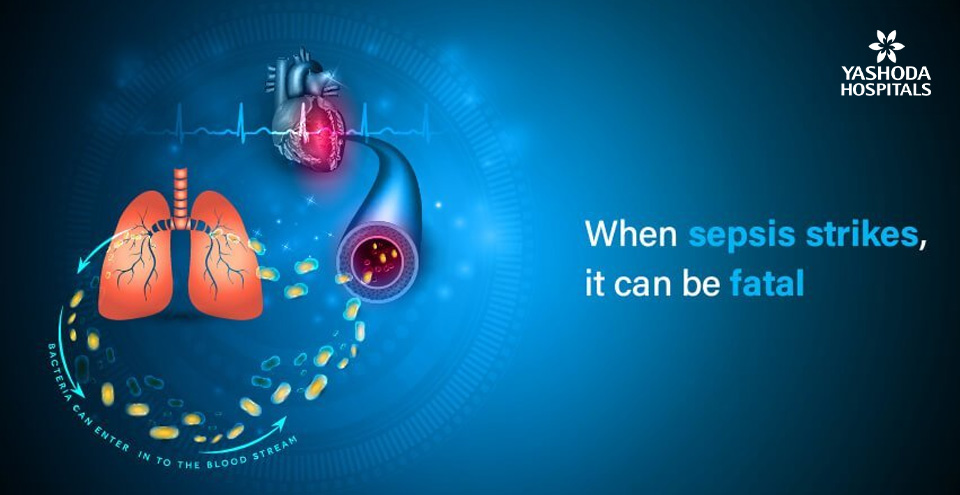
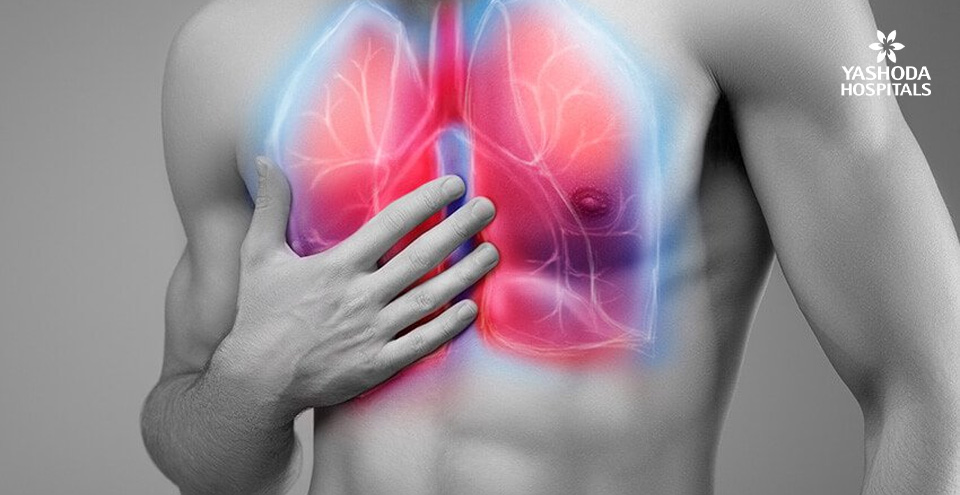
 Appointment
Appointment WhatsApp
WhatsApp Call
Call More
More